Germany has halted all military equipment exports to Israel that could be used in Gaza, Chancellor Friedrich Merz announced Friday. The decision comes in direct response to Prime Minister Benjamin Netanyahu’s Cabinet approving a takeover of Gaza City, a move widely condemned by the UN, aid organizations, and even some supporters of Israeli hostages.
This marks a sharp shift for Germany, historically one of Israel’s staunchest allies, and adds to growing European measures against Israel amid its ongoing war in Gaza.
Merz emphasized that while Germany supports Israel’s right to defend itself against Hamas, the recent escalation makes it harder to see how hostages will be freed or a ceasefire reached. He urged Israel to allow comprehensive aid access and avoid further annexation in the West Bank. The German government’s position reflects an effort to balance its historic commitment to Israel’s security with mounting concern over Gaza’s worsening humanitarian crisis.
Germany’s Arms Freeze Marks Rare Rift With Israel Amid Deep Military Ties
Netanyahu expressed disappointment to Merz in a phone call, accusing Germany of rewarding Hamas and undermining Israel’s “just war” against the group. The scope of the export freeze remains unclear, but the decision is significant given Germany’s long record of shielding Israel from tougher EU measures. In the past, Germany has opposed calls from other EU members to impose sanctions or an arms embargo.
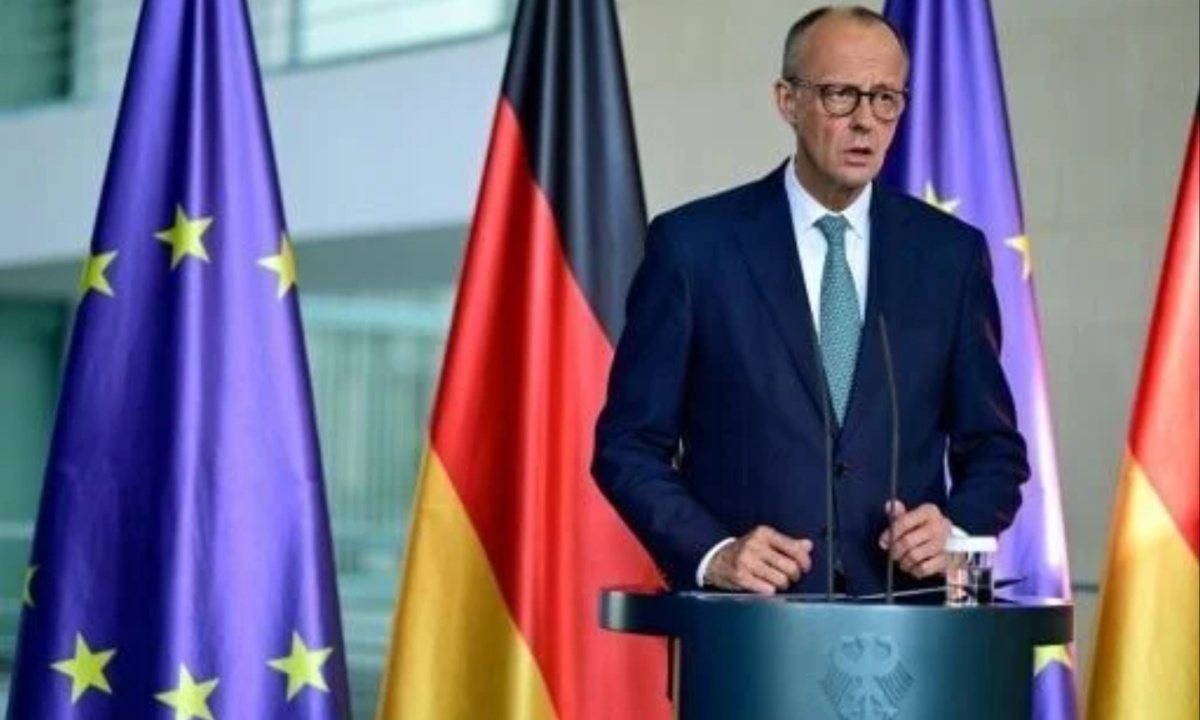
Germany is Israel’s second-largest arms supplier after the United States, providing about 30% of its defense imports, including engines for Merkava tanks, Namer armored personnel carriers, and Sa’ar corvettes used in Gaza. Experts believe the freeze will be temporary, but it sends an important political signal. Between October 7, 2023, and mid-May 2024, Germany approved over €485 million in arms sales to Israel.
European Pressure Mounts as Gaza War Escalates, Civilian Toll Fuels Growing Outcry
The suspension aligns Germany with a growing number of European countries that have tightened economic, diplomatic, and military measures against Israel. Slovenia recently became the first EU nation to ban all weapons trade with Israel, while the UK, Netherlands, and Denmark have taken partial steps to suspend arms exports. European Commission President Ursula von der Leyen has issued her strongest criticism yet, urging Israel to reconsider its Gaza campaign and allow more aid.
The war, now nearing its second year, has killed tens of thousands in Gaza, displaced most of its population, destroyed infrastructure, and pushed the territory toward famine. Images of suffering Palestinians have fueled mass protests in European capitals, testing the EU’s historically close ties with Israel. Daily reports of Palestinians killed while seeking aid have intensified calls for an end to the blockade and military operations.
Israel’s latest decision for a Gaza City offensive comes despite growing global pressure for a ceasefire and concerns over the fate of 50 remaining hostages, about 20 believed to be alive. The timing of the operation remains uncertain, depending on troop mobilization and civilian evacuations, which would likely worsen Gaza’s humanitarian catastrophe. Germany’s freeze, while politically significant, is unlikely to halt Israeli operations as U.S. arms supplies continue.







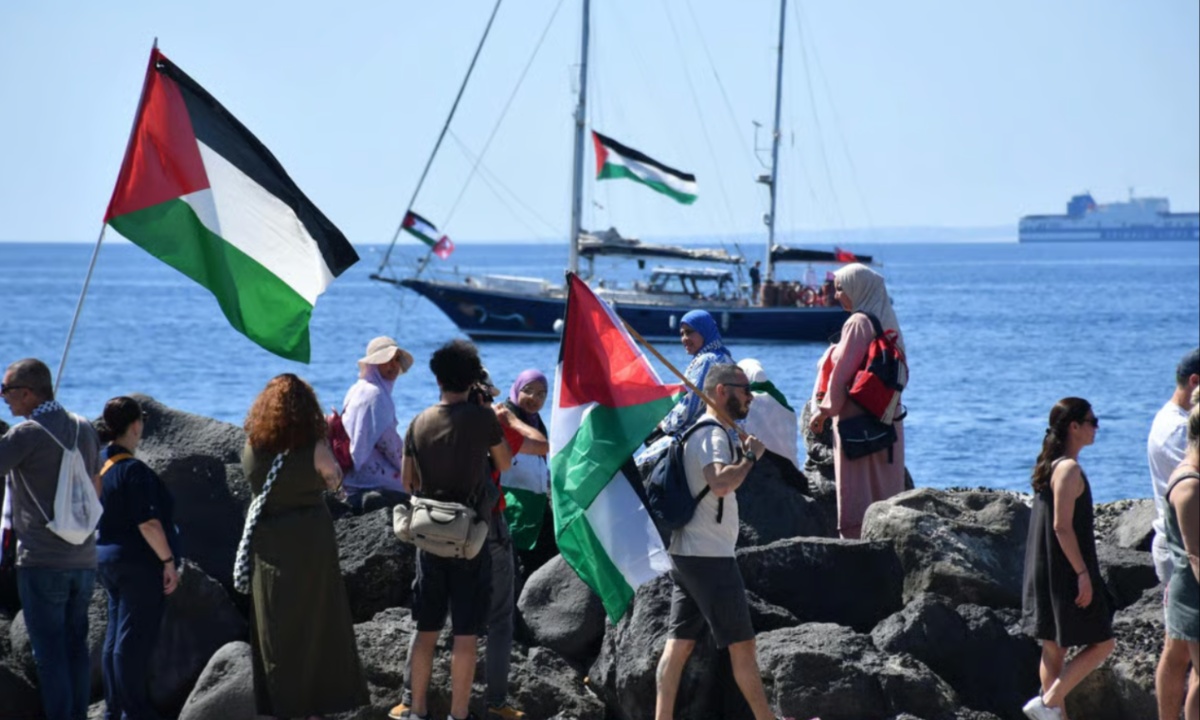

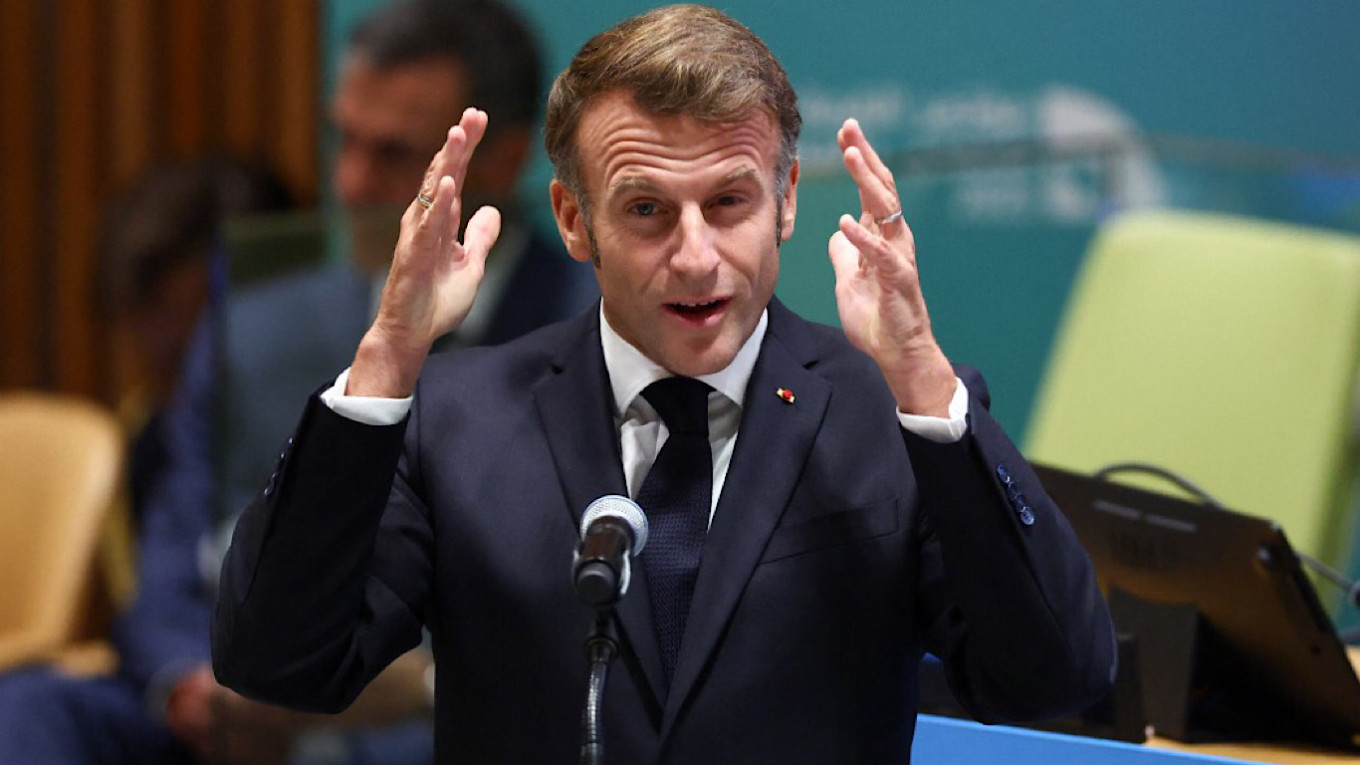
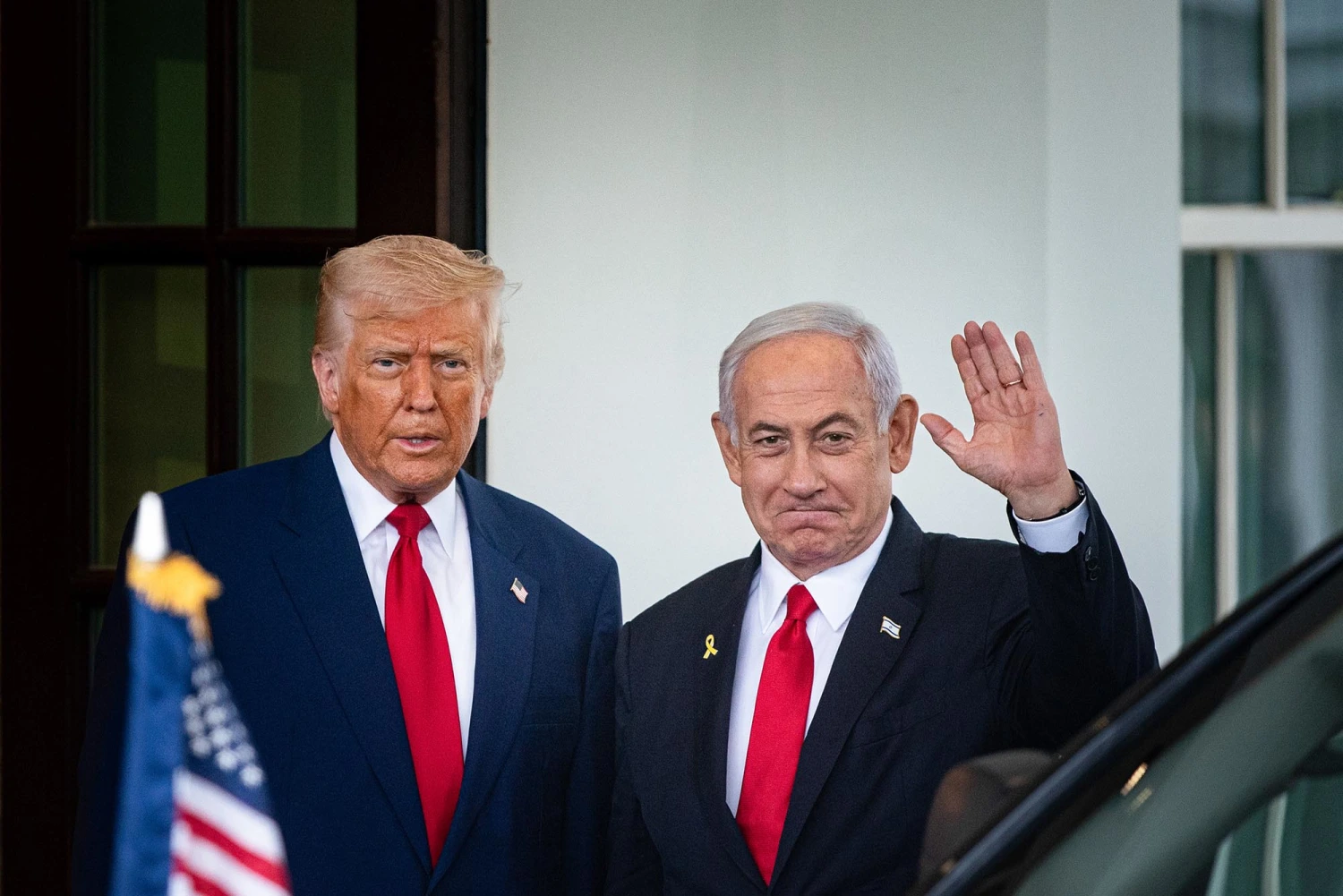
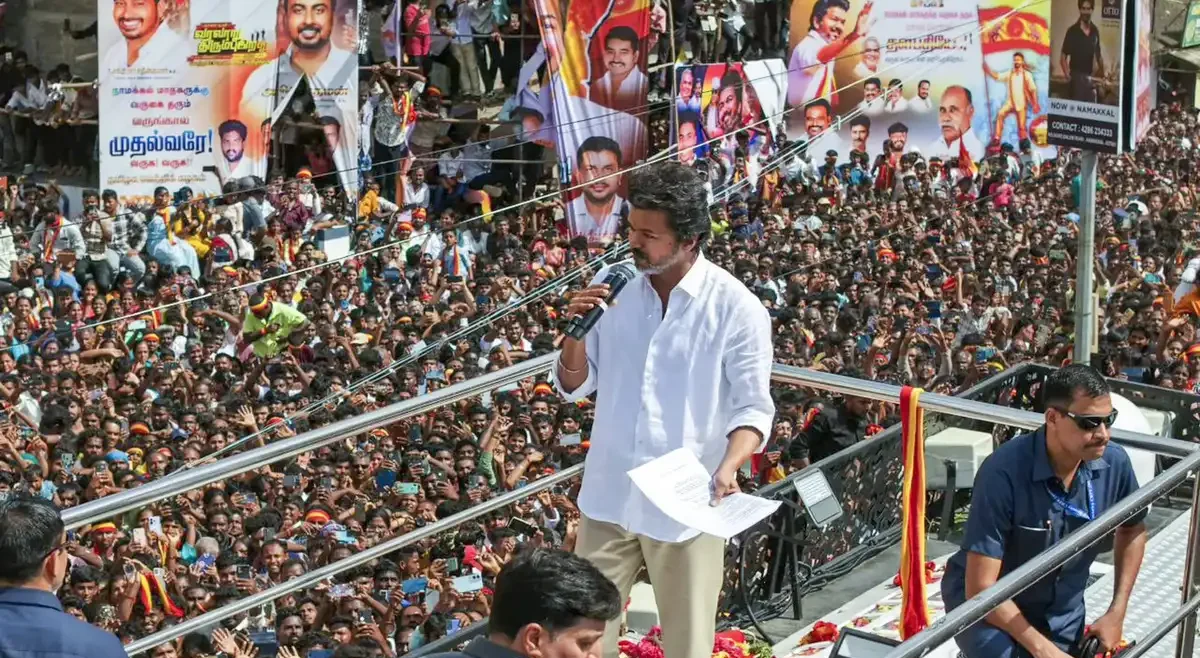
Leave a Reply